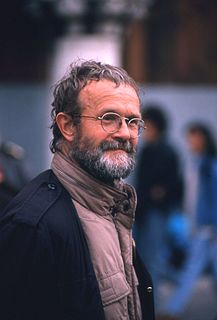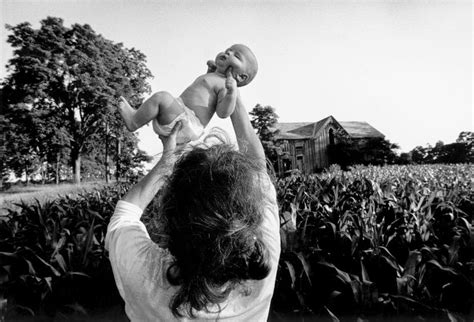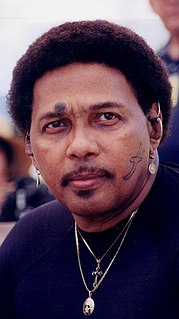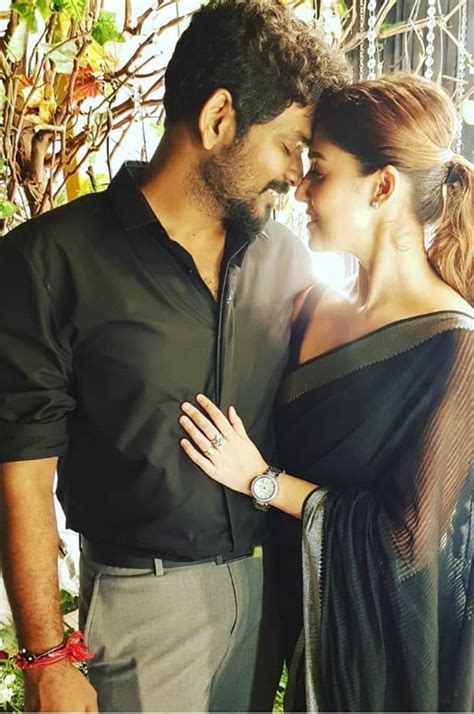A Quote by Josef Koudelka
I have to shoot three cassettes of film a day, even when not 'photographing', in order to keep the eye in practice.
Related Quotes
It's never the practice to shoot the scenes in the proper order. Sometimes you shoot the final scenes of a film before you've even started the beginning. So you get good at it because you have to sort of just eliminate the memories of something you've done as an actor, which you haven't done as the character yet. But it sometimes is a bit of a mind-f**k.
I came back to Haiti after the earthquake not to shoot a film, but to help and be a part of the rebuilding process, like all my fellow compatriots. I didn't come to shoot a film, but I became frustrated when I realized that my help was kind of useless. We all felt lost and helpless. And it's out of that frustration that I decided to shoot a film.
Years ago, I heard an interview with violinist Yehudi Menuhin. The interviewer said, "Do you still practice?" And he said, "I practice every day." He said, "If I skip a day, I can hear it. If I skip two days, the conductor can hear it. And if I skip three days, the audience can hear it." Oh, yes, you have to keep that muscle firm.
I became passionate about nature filmmaking when I graduated from UCLA, and one of the things I always wanted to do was shoot really high quality film, so I got into time-lapse photography - so that means when you shoot a flower, you're shooting, like, one frame every twenty minutes, so that's basically two seconds of a film per day.
Theatre is organic, film is not. Theatre you come every day and you work with a group of people and you're are all up for it and you all get to do the whole thing every night, be it two hours or three hours. In film you work in two or three minute bits and it's never in chronological order and then someone takes that away and makes it look like it all happened, or that you gave that performance.



































